Making mental health a strategic pillar of the EU life sciences agenda
PAREA has provided feedback on the European Commission’s initiative for a new multidisciplinary life sciences strategy, emphasising a clear message: mental health innovation should be a strategic priority on the agenda.
In its call for evidence, the Commission identifies major barriers to innovation across Europe - namely poor research translation, insufficient incentives, and limited financing. These challenges are especially acute in mental health. Despite affecting one in two Europeans over their lifetime, the field has seen limited progress, with only five new psychiatric treatments approved in the EU over the past five years (compared to more than 120 in oncology), and a lack of novel treatment mechanisms since the 1950s.
PAREA’s submission outlines a roadmap for transforming this picture and positioning Europe as a global leader in mental health innovation. It calls for targeted action in four key areas:
1. Strengthening tailored incentives - such as special regulatory designations, innovation prizes, extended market exclusivity - and EU financing through Horizon Europe and InvestEU.
2. Launching a bold EU-wide European Mental Health Innovation Mission, building on the forthcoming Brain Health Partnership, to coordinate public and private goal-oriented efforts to align research, clinical trials, and implementation.
3. Building a supportive ecosystem for startups and SMEs with dedicated EU grants, an investment fund for mental health innovation, and streamlined regulatory pathways for high-priority therapies.
4. Preparing health systems to adopt innovation by developing regulatory and reimbursement frameworks that can support new types of therapies—such as combined drug-psychotherapy approaches—along with investment in clinician training, infrastructure, and public engagement.
If the EU seizes this moment to lead in mental health innovation, the benefits would be far-reaching: fostering a stronger European life sciences sector, reducing economic burden and improving citizens’ wellbeing.


